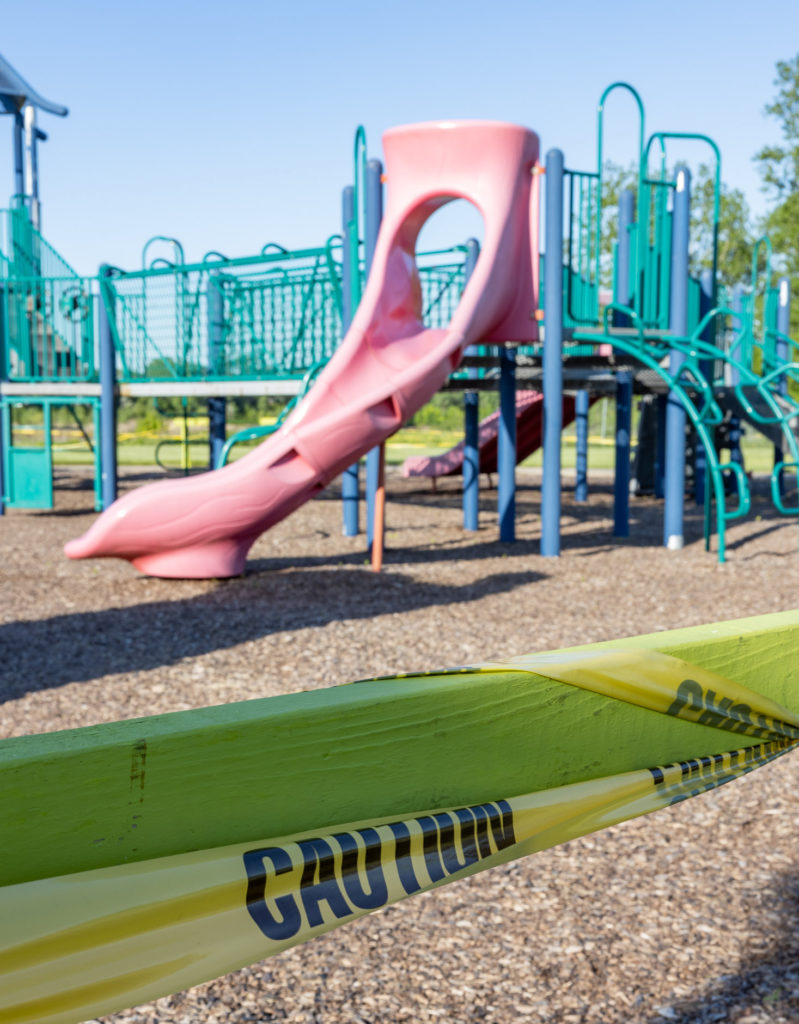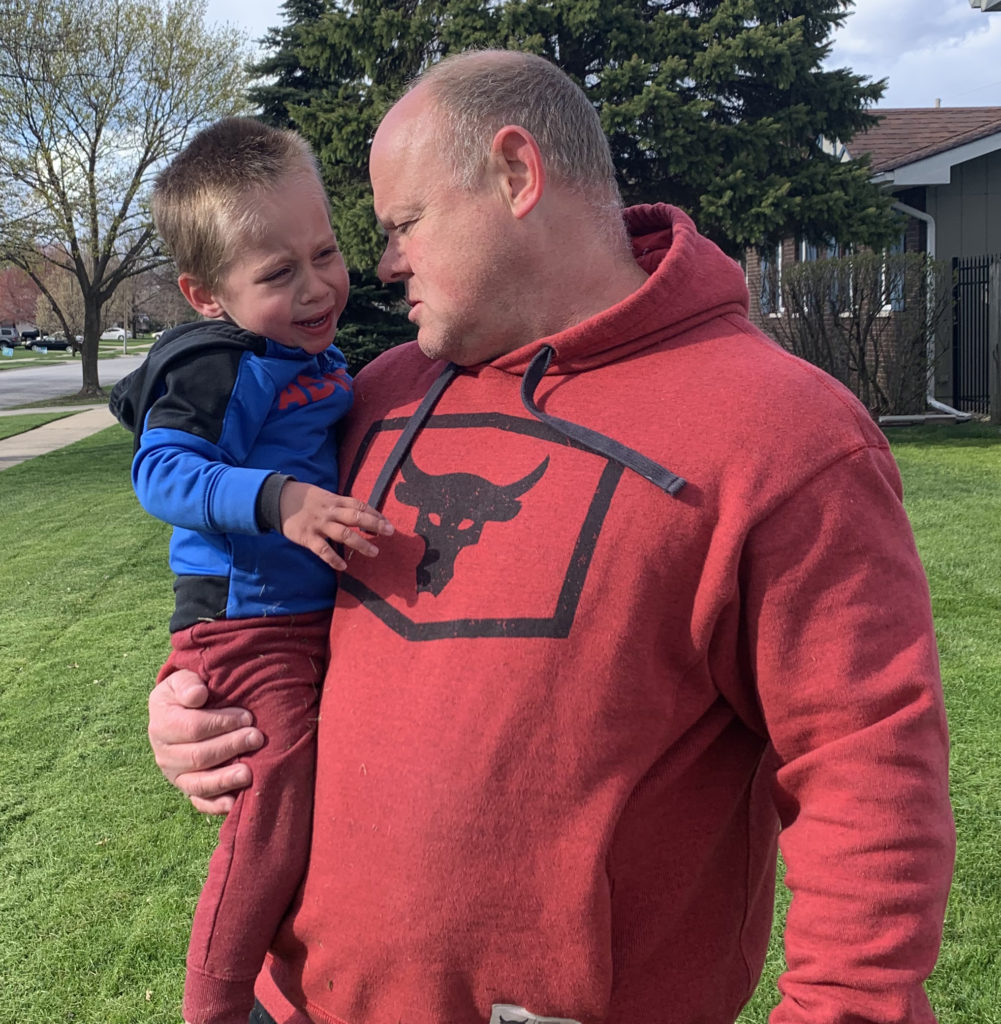Wild Wonders | Saturday, April 27

Wild Wonders | Saturday, April 27

By Alix Tonsgard, MS, Early Learning Specialist, DuPage Children’s Museum

When the stay-at-home order first went into place, the two-year-old in our house was over the moon with all of the extra attention. The big kids home from school and both my partner and I there all of the time–what could be better? In the mornings before a day of meetings was to begin, we took walks, and in the afternoons before dinner, regular trips to a local prairie for what we labeled an “adventure.” While there was anxiety around a number of issues, the little guy seemed oblivious, and we all were enjoying the ability to have extra time together.
It took at least a few weeks before the excitement and newness of everything started to wear off and the questions began. At first it was every few days and one singular request, either to play at the park, to visit Ms. Mary (our favorite child care provider at the gym), or to go to the Museum. All requests were answered with the same simple statement, “Not today, buddy, the park is closed.” This was an acceptable response for some time. (All of the weeks have blended together so my timeline here is fuzzy.) The requests then began coming with increasing frequency, and when we would respond, “Not today, buddy, the gym is closed,” he would nod his head and repeat as if to reassure himself, “gym is closed” and continue on with his business.

And then the meltdowns started. I initially wrote them off as your run-of-the-mill, developmentally appropriate two-year-old stuff, and we treated them as such by setting appropriate limits, being firm but understanding, doing our best to have a predictable routine (as predictable as can be when juggling working from home), and trying to create a yes environment. It was not long before the meltdowns began to increase in frequency and severity. Sometimes they felt like an expression of sadness and sometimes of anger.
At approximately the same time, graduations were approaching, and there was a lot of discussion about supporting kids who are mourning the loss that goes with missing proms, graduations, and major sporting events. That’s when it clicked: our little guy is grieving. Then I realized how much harder that must be for a little guy who is sad and confused and who doesn’t have the ability to fully process, make sense of, or communicate what he is feeling.
So what does one do in this situation? Well, I am not a therapist or a psychologist, but what I do know is that there is not a lot you can do other than listen, be present, and acknowledge their feelings. There is a public park that has walking paths that we have frequented during all of this that also has a playground. He now looks longingly at the playground when we exit the car and instead of asking, he just says, “The park is closed,” to which we now respond “Yes, buddy, the park is still closed but not forever.” I know that forever is an abstract concept he can’t quite wrap his mind around, but I can tell he senses the hopefulness in that statement, and for now it helps.
In talking with others at home with young children, it is clear that our youngest are struggling to make sense of the changes to their worlds. I’ve heard it all, from toilet training regressions to food battles, and every kind of sleep issue you can think of. However children are acting up or acting out, it is possible that their struggle is that they haven’t yet learned how to process or verbalize their feelings. The behaviors of our littles are their way of telling us that they are feeling all of the feelings.
What our littles need most in these moments is for us to understand and acknowledge that this is hard for them too. But this is where it gets messy. For parents who are trying to juggle all of the balls of work and life and everything else going on… it’s hard. I encourage you to utilize grownup time outs. When your feelings escalate as a result of the combination of your stress and your young child’s behavior, take a minute to breathe before you respond or breathe with your child. The technique we use is “smell the flowers, blow out the candles.” While it may be difficult at times, just try to remember to be empathetic, understanding, and present. We are all in this together.
——————————————–
About Alix
Alix Tonsgard is the Early Learning Specialist at DuPage Children’s Museum. She holds an MS in Child Development from the Erikson Institute. Acting as the Museum’s advocate for early childhood development and learning, she ensures that the latest research in Early Childhood Education is represented in all Museum exhibits, professional development initiatives, and public programs.

